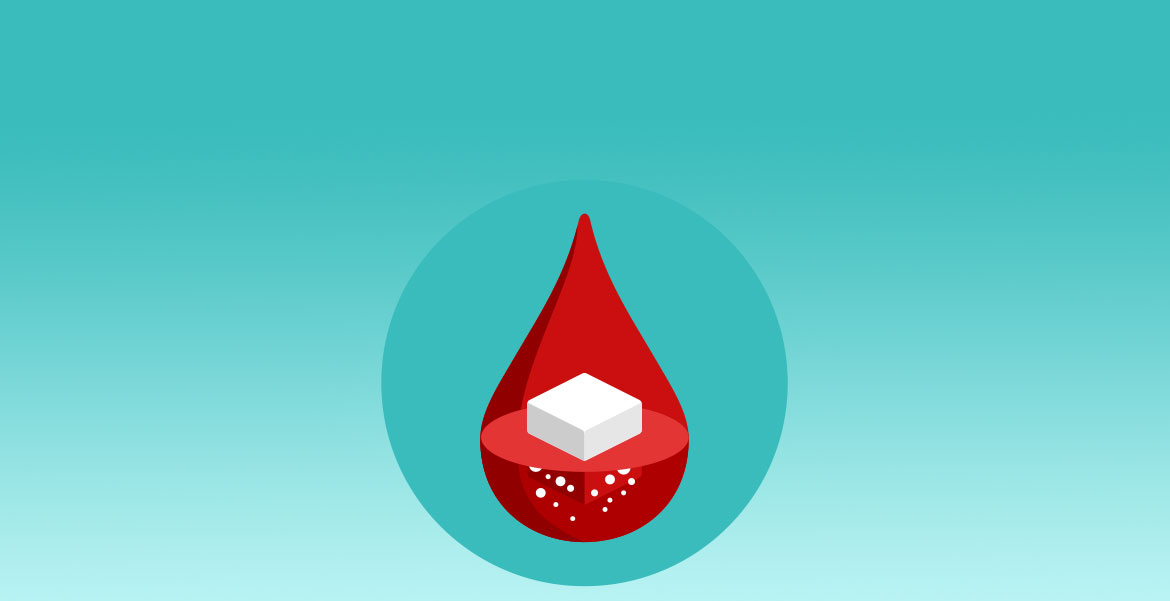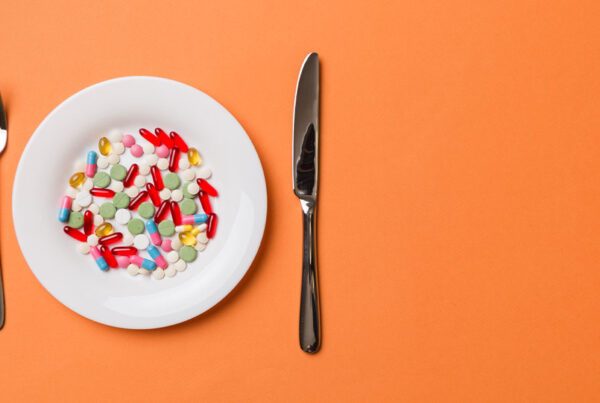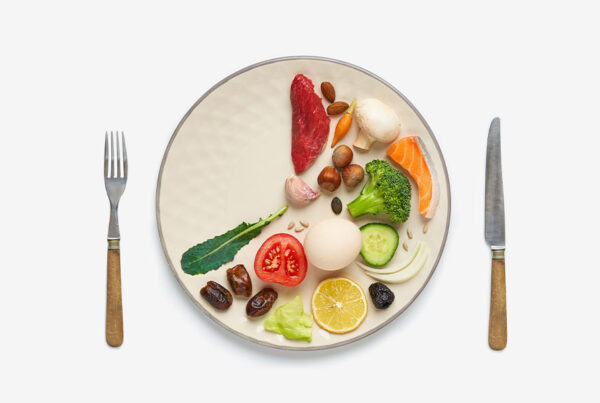Sugar and Cancer
Sugar or glucose feed every cell in the body, including cancer cells. If you eat too many calories in the form of sugar, the same can result in unnecessary weight gain and increase fat levels. Excessive fat percentage in the body is one of the major risk factors for developing cancer.
It’s the kind of sugar or carbohydrates that you eat that actually matters. When you eat simple carbs or foods high in glycemic index, your insulin levels will spike immediately. Eating simple sugars regularly lead to a constant insulin spike, which results in an increased release of insulin-like growth factor (IGF), which has been shown to help cancer cells grow. If blood glucose levels are better controlled, less IGF is released which likely will decrease cancer growth.
Studies of glycemic index and cancer risk are unclear, but do suggest a high GI diet may increase cancer risk, particularly in individuals who are overweight and/or sedentary (inactive). Both, excess weight and lack of physical activity are associated with an increased risk of insulin resistance. Along with this, high GI diets have been linked to increased risk of digestive and hormonally related cancers: colorectal, liver, pancreatic, breast, endometrial and ovarian.
To avoid this constant spike in blood sugar, make sure that you eat foods low in carbohydrates, but good in protein and quality fat like oily fish, organic lean meat and eggs. Along with a good amount of vegetables like cruciferous vegetables, greens etc. for fiber.
Avoid artificial sweeteners, as they might be low in calories, but can cause a sharp insulin spike. Other forms of sugar that you need to avoid are:
● Fructose (sugar from fruits). This form of sugar is ok, if taken in limited quantities as they are also a good source of micronutrients. Preferred ones that are low in glycemic index, like grapefruit, avocado, star fruit, berries etc.
● Lactose (sugar from milk)
● Sucrose (made from fructose and glucose)
● Maltose (sugar made from grain)
● Glucose (simple sugar,)
● Dextrose (form of glucose)
Another way to avoid insulin spike is to do intermittent fasting. Fasting has also been found as a useful adjunct to chemotherapy, as it helps to put cells into repair mode which reduces the uncomfortable symptoms of chemotherapy.
Reference:
https://www.rogelcancercenter.org/living-with-cancer/mind-body-side-effects/nutrition/sugar-and-cancer-does-sugar-increase-cancer-risk
https://drhyman.com/blog/2020/12/02/podcast-ep147/
https://www.oncologynutrition.org/erfc/healthy-nutrition-now/sugar-and-cancer
Tags: sugar, glucose, cancer cells, intermittent fasting, low glycemic index, intermittent fasting, good quality fat, protein, fiber, artificial sweeteners, Fructose (sugar from fruits), micronutrients, low glycemic index fruits, lactose (sugar from milk), sucrose (made from fructose and glucose), maltose (sugar made from grain), glucose (simple sugar,), dextrose (form of glucose), chemotherapy and fasting, insulin spike, Insulin like growth factor IGF-1), cancer









